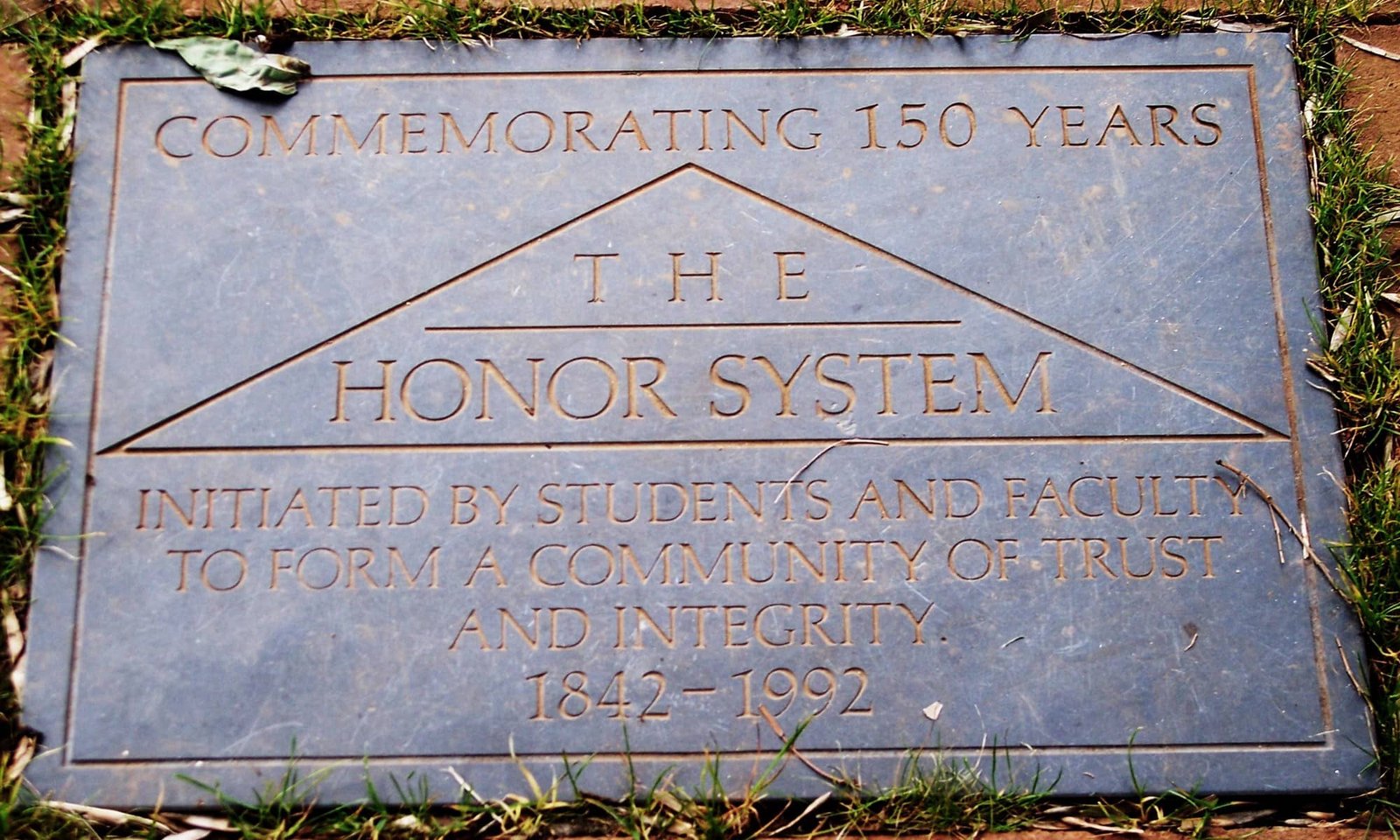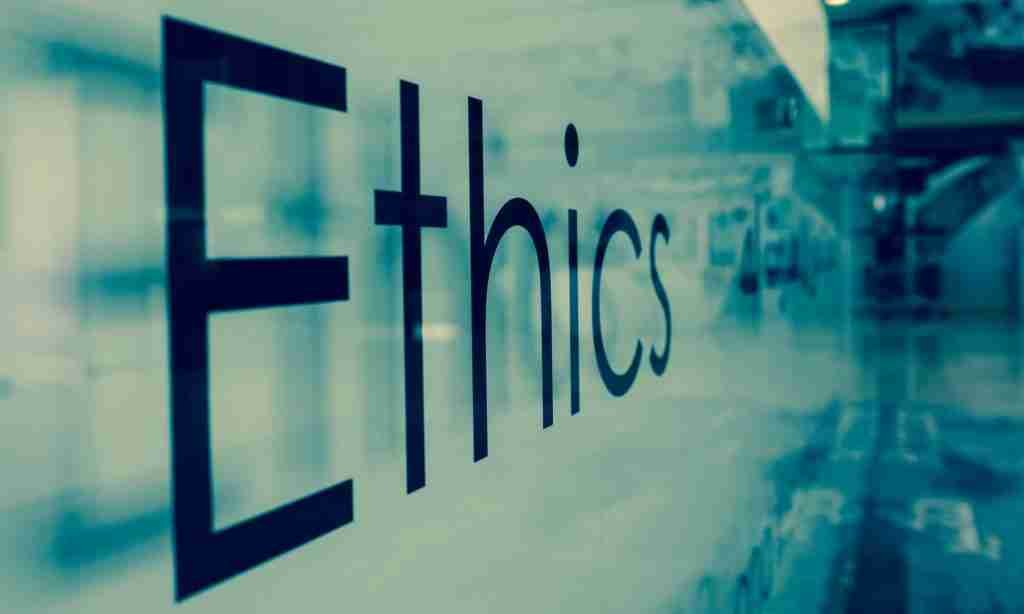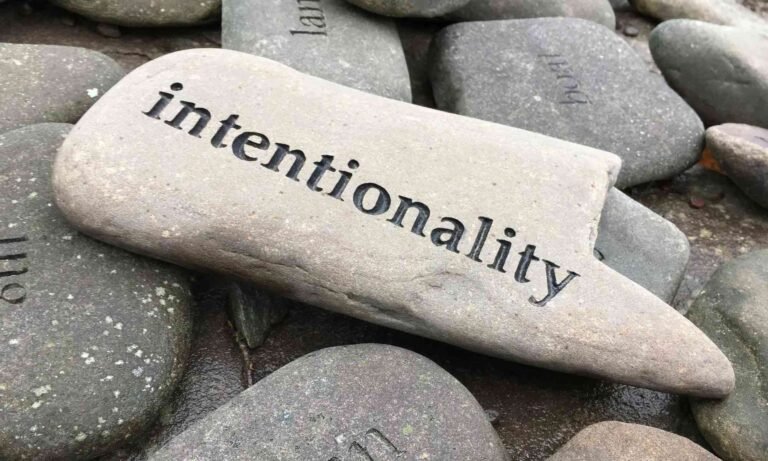Trust and integrity are foundational elements that influence our interactions, whether on a personal or professional level. Trust can be understood as the firm belief in the reliability, truth, or ability of someone or something. It acts as a bridge between individuals, allowing them to engage in meaningful relationships based on a sense of safety. Integrity, on the other hand, refers to the quality of being honest and having strong moral principles. This virtue ensures that one’s actions are consistent with their values, further fostering a sense of ethical conduct.
The psychological foundations of trust are complex, often rooted in past experiences and the perceived credibility of individuals. People tend to extend trust to those who demonstrate honesty, reliability, and competence. For example, in a workplace setting, an employee is more likely to trust a manager who consistently communicates openly and follows through on commitments. This trust serves as a catalyst for effective collaboration and productivity, emphasizing the importance of integrity in building a trusting environment.
In everyday life, examples of trust and integrity abound. A friend who keeps a secret demonstrates trustworthiness, while a company that prioritizes ethical practices over profit exemplifies integrity. Both concepts are interdependent; lack of integrity can erode trust, while trust can encourage individuals to act with dignity even in challenging situations. In addition, cultivating trust and integrity in interpersonal relationships can lead to greater cooperation and understanding among individuals. As these values permeate various aspects of life, they contribute significantly to social cohesion and foster an environment conducive to mutual respect and collaboration.
Trust begets integrity and vice versa

Corruption erodes trust and integrity, leading to widespread negative consequences for society. It creates an environment where deceit is rewarded, and ethical behavior is undermined. This diminishes public confidence in institutions and can lead to social unrest. In essence, when corruption becomes rampant, the very fabric of society begins to unravel, fostering a culture of mistrust.
To combat corruption effectively, it is essential to nurture a culture of trust and integrity. This includes promoting transparency in governmental processes and corporate practices. By ensuring that decision-making is open to scrutiny, societies can rebuild trust among their citizens. Moreover, educating individuals about the importance of ethical behavior can empower them to resist corrupt influences.
The Role in Relationships
Trust and integrity serve as foundational pillars for the establishment and sustenance of healthy relationships across various spheres, including personal, professional, and societal domains. Trust, essentially the firm belief in the reliability and integrity of another, facilitates open communication, fostering an environment where honesty and transparency prevail. In such settings, individuals are more likely to express their thoughts and feelings freely, leading to enhanced understanding and connection.
Furthermore, trust plays a crucial role in conflict resolution. When parties believe in each other’s ethics and intentions, they are more inclined to engage in constructive dialogue. Thus, the presence of trust leads to a more collaborative approach when addressing disagreements, encouraging compromise and mutual respect. Such a climate not only paves the way for the effective resolution of issues but also strengthens the bond between individuals, fostering a sense of community and unity.
The significance of integrity cannot be overstated in this context, as it involves adhering to a set of ethical principles that guide behaviors and decisions. When integrity is consistently demonstrated, it serves to reinforce trust; individuals grow to rely on one another, believing that each person will uphold their commitments and values. However, the repercussions of a breached trust can lead to severe consequences. Distrust may result in broken relationships, reduced collaboration, and a toxic atmosphere where individuals become hesitant to engage fully.
Rebuilding trust after it has been compromised is an arduous process that necessitates time, effort, and a strong commitment to ethical behavior. It requires open and honest communication, sincere apologies, and actions that consistently reflect a dedication to restoring integrity. Ultimately, the roles of trust and integrity are intricately intertwined, playing a vital part in establishing relationships based on mutual respect and understanding.
At the Workplace
In today’s organizational environment, the values of trust and integrity play a crucial role in shaping workplace dynamics. Organizations that prioritize these virtues create an atmosphere conducive to collaboration, innovation, and overall employee satisfaction. Trust, often viewed as the bedrock of meaningful relationships, encourages open communication among team members, fostering an environment where individuals feel comfortable expressing their ideas and concerns. When employees trust their leadership, they are more likely to engage proactively, contributing to enhanced organizational performance.
A workplace grounded in integrity directly correlates with high employee morale. When team members observe that their leaders and peers act ethically and uphold their commitments, a sense of dignity and respect permeates the organizational culture. This environment motivates employees to emulate such behaviors, reinforcing a cycle of integrity that builds trust within teams.
Organizations like The Container Store exemplify this principle; by prioritizing ethical practices and transparent communication, they have cultivated a robust workplace culture that inspires loyalty and dedication among its workforce.
Furthermore, companies that demonstrate unwavering commitment to trust and integrity often experience enhanced productivity. Research indicates that teams with high trust levels exhibit greater collaboration and efficiency, translating into improved outcomes. Leaders can foster these qualities by prioritizing ethical decision-making, openly acknowledging mistakes, and demonstrating accountability. Regularly soliciting employee feedback and involving team members in problem-solving discussions also reinforces the importance of trust in achieving shared goals. By implementing these strategies, organizations can develop a culture where trust and ethics thrive, ultimately leading to sustained success.
In conclusion, trust and integrity are not merely abstract concepts; they are essential pillars in the modern workplace that contribute to a positive culture, increased morale, and heightened productivity. Organizations that embrace these values position themselves for long-term success, both in terms of employee satisfaction and performance outcomes.
Building a Culture
Establishing a culture of trust and integrity is vital for both individuals and organizations, serving as a foundation for ethical behavior and strong relationships. To nurture this culture, transparent communication is imperative. By ensuring that all stakeholders have access to relevant information, organizations can mitigate misunderstandings and foster an environment where honesty prevails. Encourage open dialogues that invite feedback and discussion; this approach not only cultivates trust but also demonstrates mutual respect and dignity. When individuals and organizations practice transparent communication, they foster an atmosphere that encourages ethical interactions.
Moreover, ethical decision-making is paramount in this process. Those in leadership positions must set clear ethical guidelines that serve as a compass for behavior within the organization. Decisions should be evaluated not only for their immediate outcomes but also for their long-term impact on stakeholders.
By prioritizing ethics over mere profit or convenience, a strong sense of virtue becomes ingrained in the organizational culture. This ethical focus not only promotes integrity but also enhances the organization’s reputation, ultimately leading to greater trust from employees, customers, and the community.
Accountability is another cornerstone of fostering trust and integrity. Individuals and leaders need to acknowledge their responsibilities and the potential consequences of their actions. When mistakes occur, it is essential to address them openly and without defensiveness. This not only reinforces the value of ethical behavior but also cultivates an atmosphere where others feel empowered to take ownership of their actions. Furthermore, consistent behavior aligns personal and organizational actions with stated values, enhancing the credibility of all members.
Finally, education and community initiatives play a significant role in promoting these principles at a societal level. Whether through training programs or community outreach, fostering understanding of ethics and integrity equips individuals with the tools necessary to create environments where these values flourish, encouraging proactive and positive changes in the overall culture. By engaging diverse groups and fostering collaboration, these initiatives can build a stronger, more ethical community. Over time, this collective effort can lead to lasting societal improvements, reinforcing a foundation of trust and mutual respect.
What’s More
The posts in My Blog feature reflective, story-driven pieces rooted in personal and societal insights.
The topics in My Interests explore abstract, philosophical ideas and their cultural and societal impact.
👁️ 8,348 Views

















